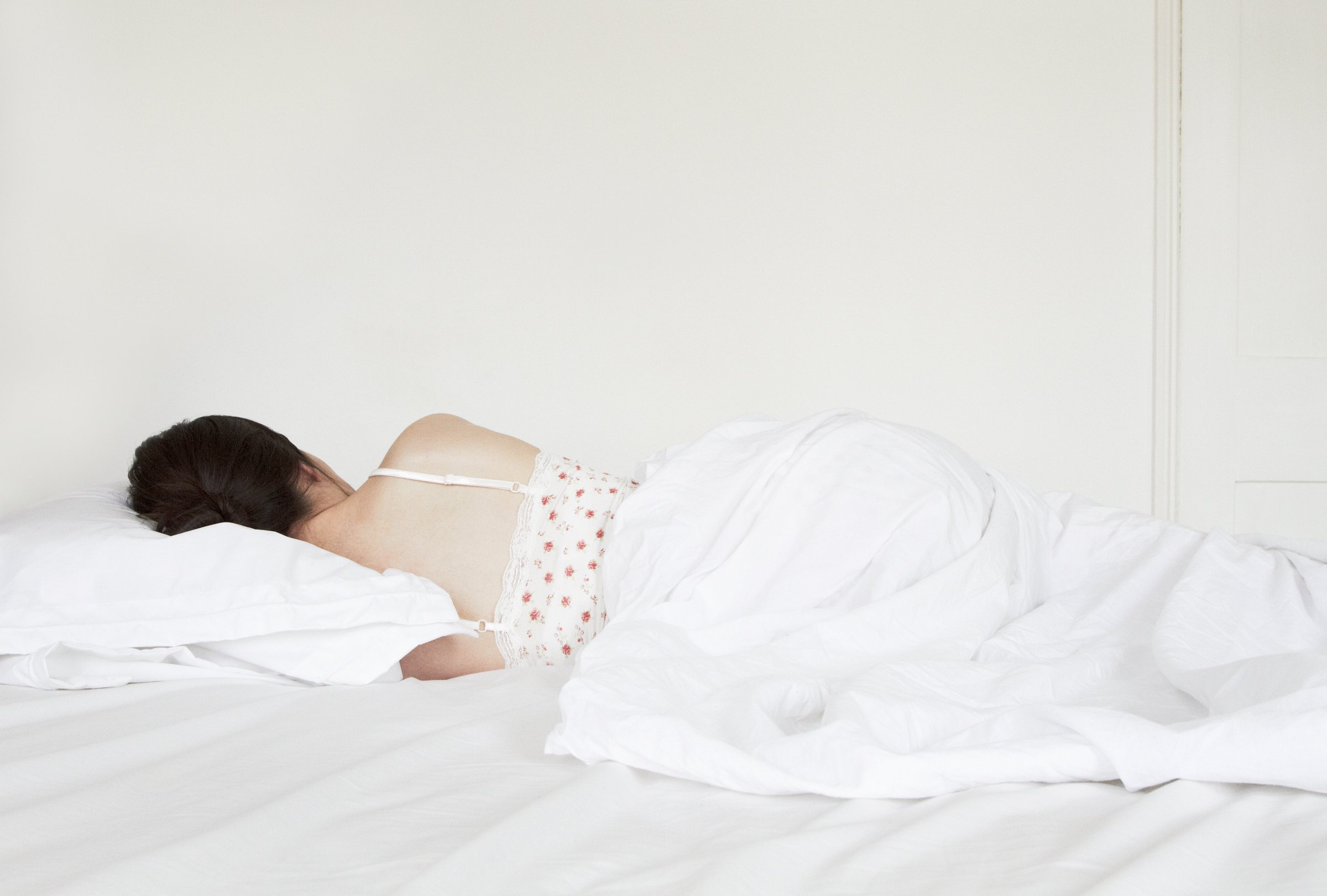
Sleep experts have long preached the importance of a sleep routine. Going to bed and rising at roughly the same time every day helps to regulate circadian rhythms and improve overall sleep quality and quantity.
But a new study published in the Journal of Sleep Research, offers a surprising asterisk to that advice: If you don’t get enough sleep during the week, it says, sleeping in on the weekends may cancel out at least some of the associated health risks.
The findings are based on survey responses from more than 38,000 Swedish adults who answered questions about their lifestyle habits, medical histories and average weekday and weekend sleep durations. The researchers used this data to draw conclusions about how total sleep, as well as workday versus day-off sleep, relates to mortality.
The researchers analyzed 13 years of data and found that people who slept for five hours or less each night had a 65% higher risk of premature death, compared to those who consistently slept for six or seven hours per night. (This association largely disappeared among adults older than 65, who tend to keep consistent sleep schedules, and who the researchers posit may need less rest overall.)
But when the researchers looked at people who made up for scant weeknight sleep with longer weekend snoozes, they observed something interesting: These people did not seem to have a higher mortality risk than the group that slept about seven hours a night.
“This suggests that short weekday sleep may be compensated for during the weekend, and that this has implications for mortality,” the authors write in the paper—though they stress that the results are speculative, as they’re based on self-reported data.
Dr. David Dinges, chief of the division of sleep and chronobiology at the University of Pennsylvania Perelman School of Medicine, was not involved in the research but calls the findings “intriguing.” He cautions, however, that more studies are needed, especially since there’s very limited research looking at “yo-yo sleeping” over long periods of time.
“Thirteen years is long, but it’s not 30 years; it’s not 40,” Dinges says. “The real question is whether there is, in fact, a build-up of deficit, or biological changes that are gradual over time, even though you get recovery sleep.”
MORE: TIME’s Guide To Sleep
The new study focused only on the link between sleep duration and longevity, yet sleep loss can also have negative effects on cognitive, behavioral and metabolic health. “We’re still in a fairly early stage of understanding the mechanism by which amount of sleep relates to different health risks,” Dinges says.
Sleep is also highly individual. Certain people may be more or less vulnerable to yo-yo sleeping—meaning it may provide adequate recovery for some, but not others.
Another part of the new paper deserves attention, says Jerome Siegel, a professor of psychiatry and biobehavioral sciences at the University of California Los Angeles Center for Sleep Research (who was not involved with the study). People who regularly slept longer than seven hours per night had a 25% higher mortality risk than the control group, a result that appears to be independent of chronic health issues that could cause excess sleep.
“Being an inactive ‘couch potato’ is not good for you,” Siegel said in an email to TIME. “It may well be that just as sitting all day is bad for you, lying in bed for extended periods of time is also bad for you. The key issue is determining whether restricting sleep in long sleepers improves their health.” Siegel also notes that multiple epidemiological studies, including this one, have suggested that seven hours of sleep—not the often-recommended eight—is the optimal amount for increasing lifespan.
While it will take more than one epidemiological study to prove anything definitively, the experts says the new paper is a step toward better sleep understanding.
More Must-Reads from TIME
- Caitlin Clark Is TIME's 2024 Athlete of the Year
- Where Trump 2.0 Will Differ From 1.0
- Is Intermittent Fasting Good or Bad for You?
- The 100 Must-Read Books of 2024
- Column: If Optimism Feels Ridiculous Now, Try Hope
- The Future of Climate Action Is Trade Policy
- FX’s Say Nothing Is the Must-Watch Political Thriller of 2024
- Merle Bombardieri Is Helping People Make the Baby Decision
Write to Jamie Ducharme at jamie.ducharme@time.com